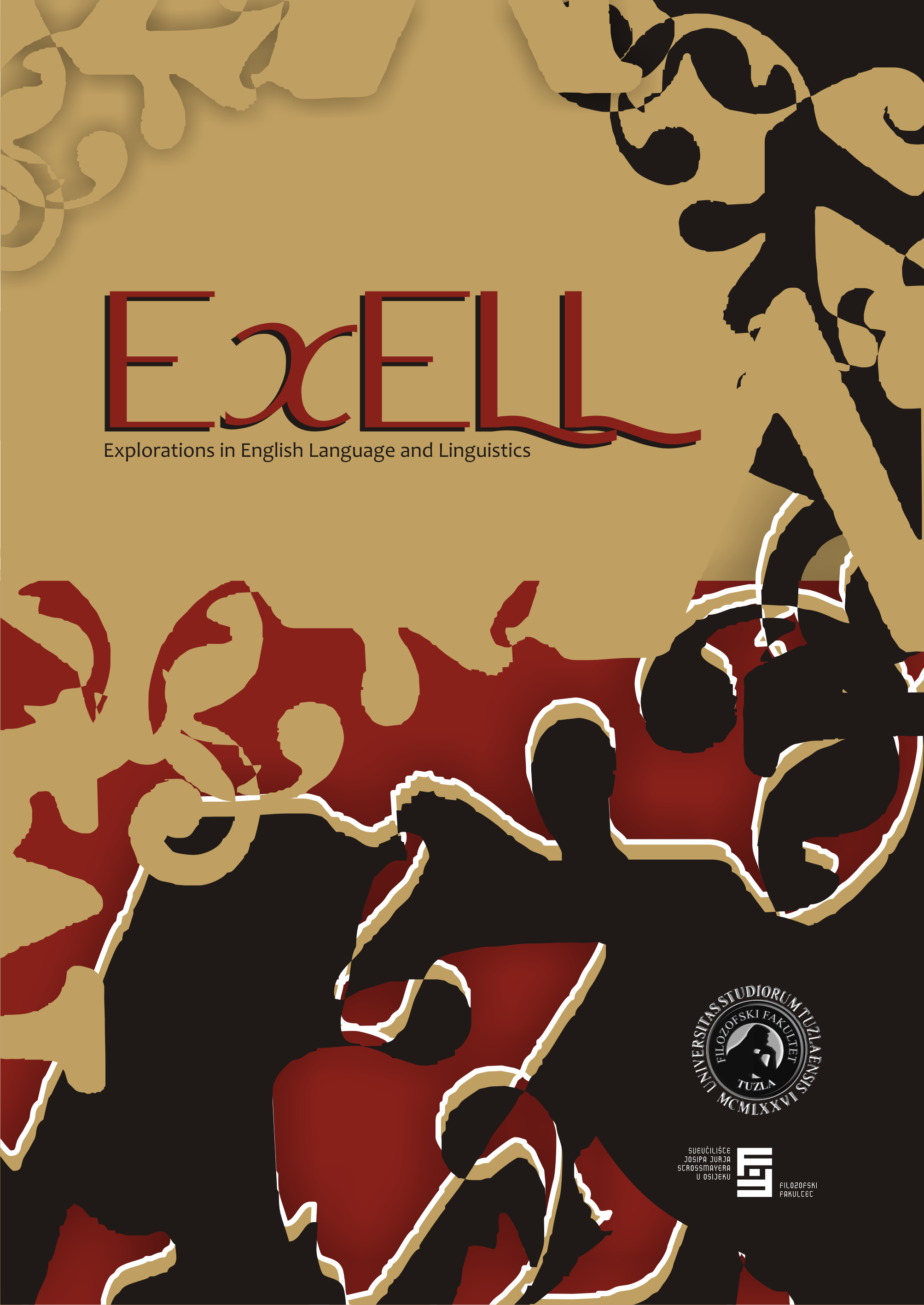Learners’ preferences towards corrective feedback in writing assignments in tertiary education
Learners’ preferences towards corrective feedback in writing assignments in tertiary education
Author(s): Jolita Horbačauskienė, Ramunė KasperavičienėSubject(s): Foreign languages learning, School education, Higher Education
Published by: Filozofski fakultet Univerziteta u Tuzli
Keywords: writing assignments; corrective feedback; students’ preferences; Lithuanian and French students; writing skills;
Summary/Abstract: For several decades, there has been a heated debate about the value of providing corrective feedback in writing assignments in English as a foreign language (EFL) classes. Despite the fact that corrective feedback in writing has been analysed from various angles, learners’ expectations regarding feedback given by language instructors are still to be considered, especially in different learning settings. Student attitudes have been found to be associated with motivation, proficiency, learner anxiety, autonomous learning, etc. (Elwood & Bode, 2014). Thus, the aim of this paper was to compare EFL learners’ attitudes towards corrective feedback and self-evaluation of writing skills in different learning settings. Students at two technological universities in France and Lithuania were surveyed and asked to complete an anonymous questionnaire combining the Likert scale and rank order questions. The results indicate that frequency of writing assignments seems to have little or no impact on students’ self-evaluation of writing skills. Moreover, although the two groups of students showed preference for feedback on different error types (e.g., feedback on structure vs. feedback on grammar), nevertheless, indirect corrective feedback with a clue was favoured by all the respondents.
Journal: ExELL (Explorations in English Language and Linguistics)
- Issue Year: 3/2015
- Issue No: 2
- Page Range: 70-83
- Page Count: 14
- Language: English

